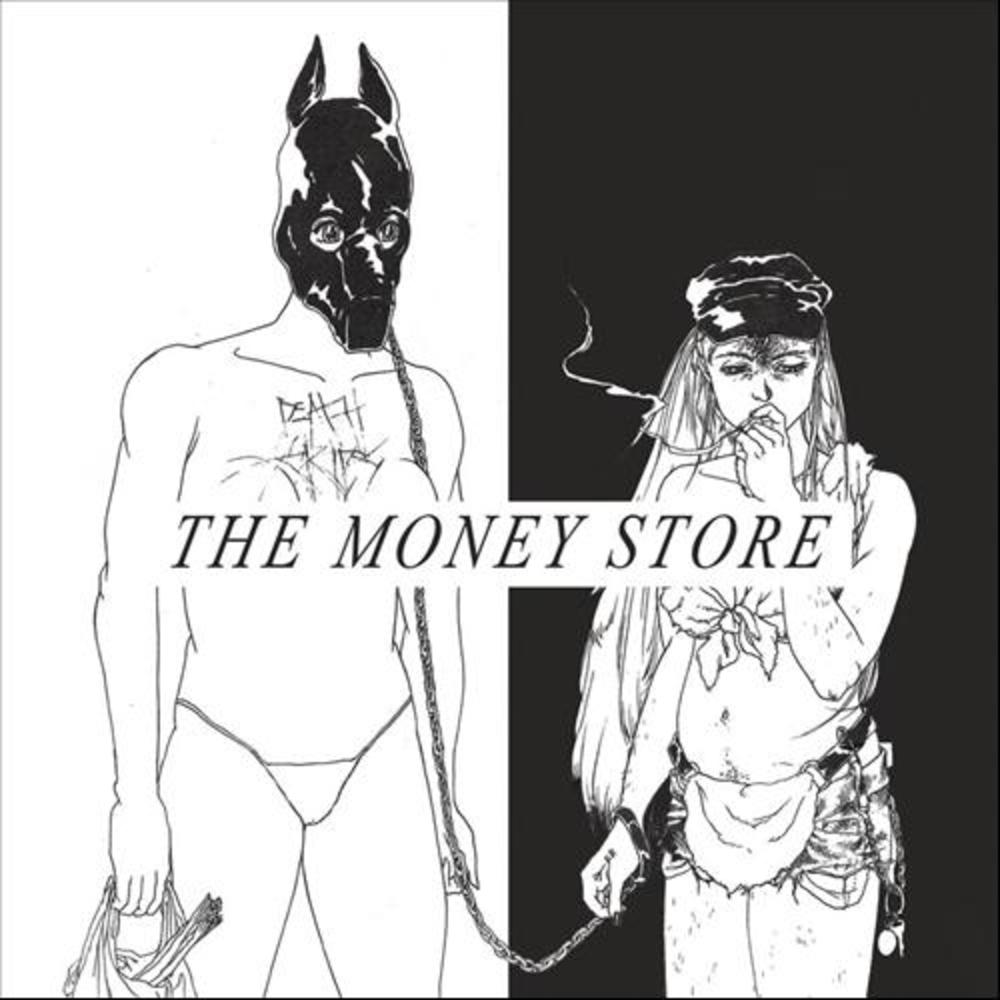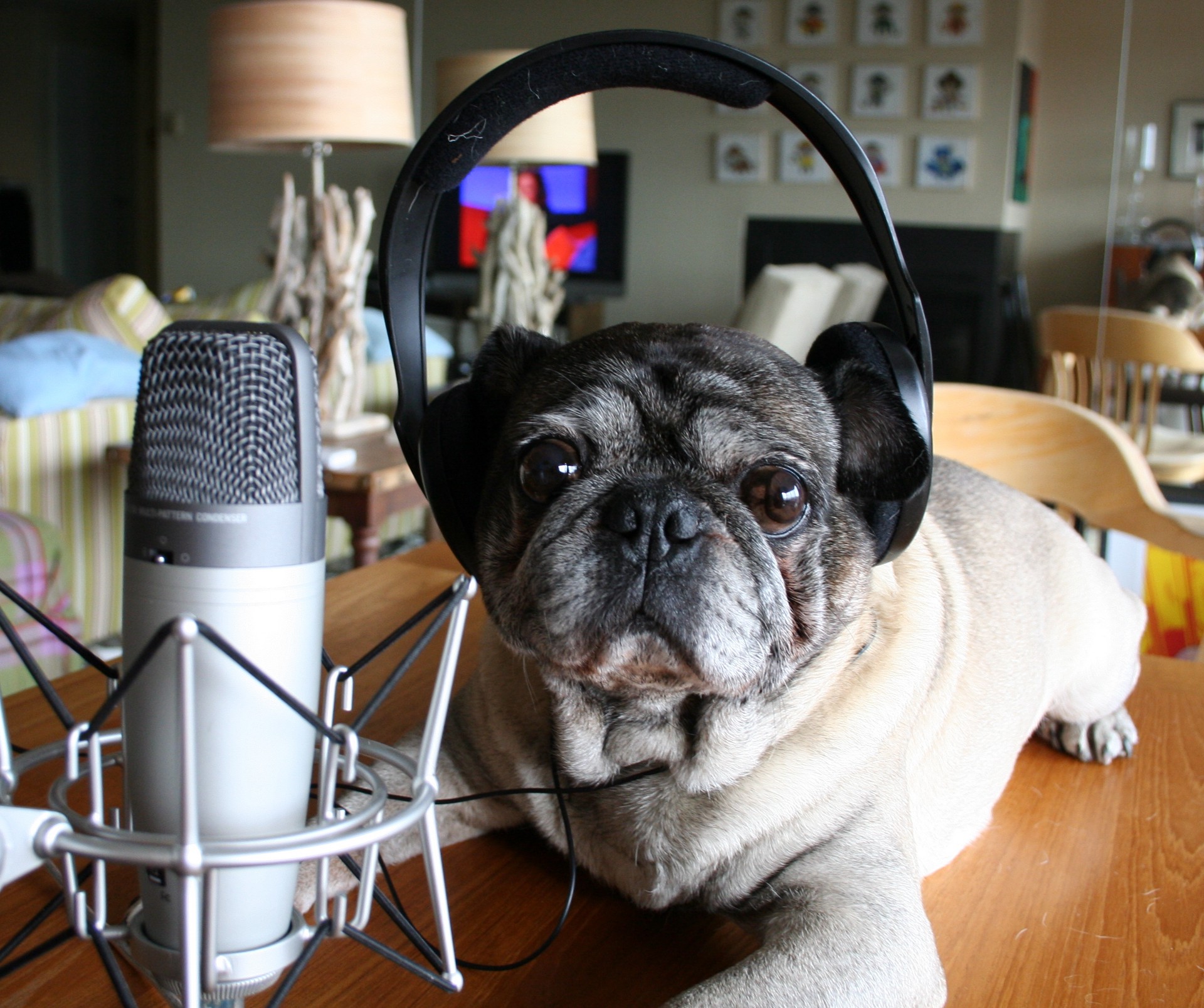Essay : George Orwell Would Turn Over in His Grave
My day job consists in writing sponsored Facebook posts, promoted Tweets and invest the money to a predefined target audience (most likely you) and monitor how many likes, shares, comments and links clicks in collects on a daily basis. It's a fun job, it allows me to work alongside some of the smartest and most interesting people I've ever met, but it's quite challenging. Agency life requires you to swim longer and harder than everybody else to stay afloat in a game that's constantly changing.
The Karma backlash I must face to atone for my daily invasions of your newsfeed is horrible in its simplicity: I get to watch you all. I spend countless hours on social media monitoring and mapping out end users' behavior patterns every day. It's never pretty. There are several important problems with our usage of social media. Some I've discussed here already. The main problem no one wants to address is the following: whoever is going to read this article will think (s)he's not to blame. That everybody else is at fault, except him.
I've danced around writing this essay for a long time and I hope to make my point eloquently enough to make you ask yourself the following question: am I part of the problem here?
What are social media?
If you look at social media platforms like any company would, the answer would be something like: the simplest and cheapest way to reach large amount of people. They are free, simple to understand, convenient, fun and everybody hangs out there. That is why you have an account on most platform. That is why I have one too. Having a Facebook account doesn't make you weak, but it doesn't make you special either. It makes you just like everybody else, whether you like it or not. It makes you as special as putting underwear in the morning or eating breakfast before going to work.
What is the goal of social media, though? That is a more pertinent (if a little abstract) question. Let me use Facebook for example here because it is the predominant and intricate social media platform available today. They all have similar functions and goals, but they all more or less follow Facebook's blueprint because it is so incredibly successful. The goal of Facebook is to keep you on its platform for the most time possible every day. They exchange your viewership to brands for money through an intricate bidding system. This is the reason why it's always been free and it will always remain so.
The platform actually rewards pertinence and tailors its sponsored content to your needs better than any media has ever done before, which is great. But at the end of the day, you're still exposed to a shitload of commercials from companies that provide products and services you don' really need. It's like watching a very sneaky television that spies into your living room to try and figure out what to show you. Lots of people are freaking out about giving their personal data on Facebook, but let me reassure you. None of it is not downloaded into a governmental database. It is simply sold to advertisers who believe you fit their target audiences.
Are Facebook the bad guys, here? Is the principle of Facebook promotion any more insidious than what television offered? One would assume so, but the answer isn't all that clear to me.
What is wrong with Facebook?
The answer is simple: you. David Foster Wallace said in his interview with Larry McCaffery that television's relationship to U.S audience was, like every other relationship, based on seduction. Facebook's relationship to its user base isn't that different except for one thing: its seduction is based on the narcissistic assumption that YOUR voice matter. That YOU are heard by your peers and that YOU are helping to make the world a better place. This is why people have been severing online friendships over this never-ending U.S presidential campaign, that harmless people are getting threatened on Twitter (for all sorts of reasons, both good and bad), that IndieGoGo and GoFundMe pages are popping over your newsfeed like Chihuhua turds.
Why wouldn't you be seduced by Facebook's offer? It allows you complete control over your content, access to the content of everybody you're friends with on the platform and the right to look at what the friends of your friends are saying. It's only human to feel omnipotent behind your Facebook interface if only for an evening. It's like having a social superpower because whoever wants to interact with the platform has to write his own thoughts and make them accessible to his friends circle in order to "exist" in this microcosm. If you don't interact with social media, it's the equivalent of being dead to its other users. You stop existing in its paradigm and its not long before your memory starts rotting away.
Here's the thing, though: social media are indeed a parallel universe. A microcosm with its own self-sufficient paradigm. Whatever content is published and shared on the platform lives or dies on this microcosm unless it's picked up and dealt away outside of it. Take poor Philando Castile for example, who was shot live on Facebook by a police officer for no valid reason. People shared and shared this atrocious video like they share and share so many other videos of blatant police brutality, except this one eventually found Black Lives Matter, major media outlet and eventually Minnesota police who could've just dodge the evidence 2.5 million people had just seen.
Did Facebook serve a purpose there? Yes. Were you right to share and share (and write winded, outraged soliloquies)? Yes, because the events ended up leaving the platform and falling into the right hands. Will it turn a satisfying result? One can only hope. What you did there was to witness some key evidence in a criminal litigation. Just being exposed to the video (like I've been) would qualify you for it, to be honest. Your voice didn't matter as much as your viewership did. The Philando Castile (rest his soul) video used the same viral channels such as Nike use to reach audiences. Conventional Media and the Black Lives Matter movement did the heavy lifting.
What the fuck is the problem then? YOU ARE.
The million dollar question. The main beneficiary of anything you do on social media is you. Whatever opinion you might have on a burning political or social issue will only define you in the eyes of every other used because everybody out there is like you. They are imbued with the same exact powers and the same bullshit sense of purpose. We are out there, flooding everybody with impassioned opinions thinking we're taking a stance on things, but what are we doing really that's more noble than a drunken conversation at a family cookout? Does our voice really matter like Facebook would like us to believe?
The sources publishing content to your newsfeed are sources YOU chose or that YOUR CONNECTIONS believed to be important. They are most likely to be in accordance to your belief and to fuel your desire to be heard because comments and shares are a currency to every content publishers on Facebook. So, your political opinions and social outrage, no matter how fair and righteous, feed an economy based on your need for validation. This is why the white knights of social media are giving me zits. What the fuck is so hard about logging in to a free networking interface and calling out injustice in front of like-minded people. Motherfucker, where were you when no one was watching?
Marilyn Manson once said in interview on The Henry Rollins Show that what worried him was the unclear distance we had yet to travel go until becoming a society like in George Orwell's 1984. We are SWIMMING in 1984 territory, guys. We don't live in an oppressive, totalitarian society like in the novel, but we let horrible things happen every day because our definition of courage and validation have become entangled through social media. Oh, you shared three articles about ridiculous sentences given to rapists? Want a medal? What do YOU do to help prevent rape? Do YOU talk to young boys instead of preaching to your well-adjusted adult friends? Do YOU work with the victims? I got news for you: the problem is going to remain whether or not you have an opinion on it.
Take all the social pressure and the cultural discourse you want with you, nothing will ever change until somebody does something. I've seen countless, semi-legitimate organized boycotts of brands I represented crash and burn because everybody barked louder than one another on Facebook, but no one actually did anything. Sales were never affected in any significant way because the discussion never really left the platform. Changing the world from behind your computer is a seducing offer, but it's not a truthful one. All you end up doing is interacting with content publishers pay fortunes to expose you to and make the platform more profitable. That is the most effective change that will result from your fiery debate. That and the swell of your self-esteem.
I'm not urging you to a social uprising here. I wouldn't exactly call myself a knight of progressive ideas. The difference between you and I lies in my usage of social media. I am looking for validation as much as anybody else in this life, but I am looking for validation for being me. For things that I really care about and that represent me in and out of social media platforms. What you see out there is my best me, my "professional" me, but it's me nonetheless and not a bullshit portrait of someone I wish to be. I am pathologically myself. This is both a gift and a curse, but it is more the former in that regard. Just be you. Some of you (not many) excel at just being you. I want to know about you, the things you like to do, the things that make you, you. Because I've heard your opinion on whatever is the cause of the week three hundred times already.
The first step to changing the world is that you have to accept being you and not some bullshit, funhouse mirror projection of who you think you should be. It starts on Facebook. It starts now.






